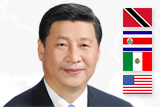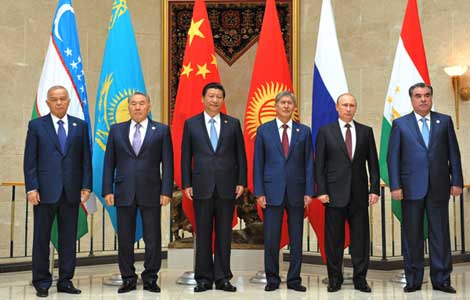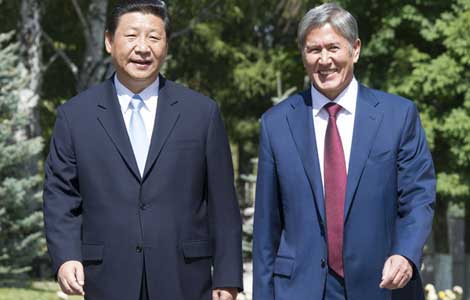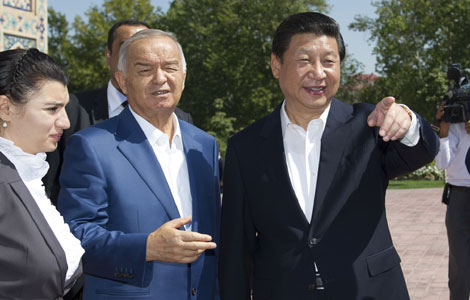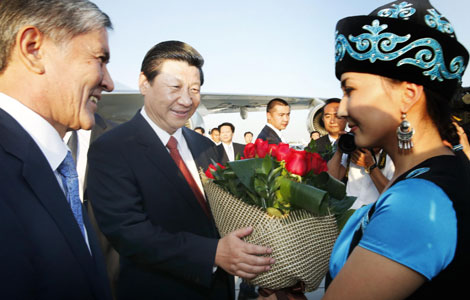China gets the reforms it needs
Updated: 2013-07-29 09:40
By Syetarn Hansakul (China Daily)
|
|||||||||
When China's new leadership under President Xi Jinping and Premier Li Keqiang took office, expectations were high that it would accelerate reform to take the economy to greater heights. Before the leadership took office, there were concerns that, without reform the Chinese economy would stagnate or run into the middle-income trap.
The Xi-Li leadership has not disappointed; it has wasted no time in taking one reform initiative after another. The leadership's objective is to make the Chinese economy stronger and to adapt to changing circumstances at home and abroad. The leaders discourage practices that will harm China in the long run, and are steering the economy toward a more efficient use of resources and capital allocation. These objectives are of course desirable, but the prescription and the process to get the desired results may not always be easy to take.
The new leadership recognizes the challenges of reform and has attempted to manage the expectations by sticking to a GDP growth target of 7.5 percent in 2013, the same as last year but lower than the 8 percent in the few years preceding 2012. According to latest reports, the government has actually set 7 percent GDP growth as the bottom line for tolerance of an economic slowdown.
This shows the leaders are not interested in artificially supporting the economy. Delivering a speech on May 13, Li said: "To achieve this year's targets, the room to rely on stimulus policies or government direct investment is not big - we must rely on market mechanisms." And he warned that relying on government-led investment for growth "is not only difficult to sustain, but also creates new problems and risks".
This message is loud and clear: Unless significant new downside risks that can threaten employment on a large scale emerge a big fiscal stimulus package will not be forthcoming. This stance seems to have dented businesses' confidence to some degree, although the impact is likely to be temporary until expectations are adjusted to the new paradigm.
Furthermore, to increase transparency and reduce systemic risks in the financial sector, the government has taken measures to discourage opaque lending practices which have not been properly captured under the banking system. Earlier threats to financial sector stability were identified as a property bubble and local government financing vehicles, and were put under surveillance and acted upon.
This year, "shadow banking", including wealth management products (WMPs), has been under the radar. Rapid growth of some non-bank lending activities in total social financing (TSF), particularly high since 2010, has caused concerns. This is not to say that all shadow banking activities or WMPs are suspicious.
Related Stories
Xi-Li vision of governance has Chinese Dream in sight 2013-03-18 07:55
Xi's speech underlines commitment to reform 2013-07-28 22:01
Resolve for reform 2013-07-26 09:18
Xi urges fewer barriers to reform 2013-07-25 07:19
Schedule




